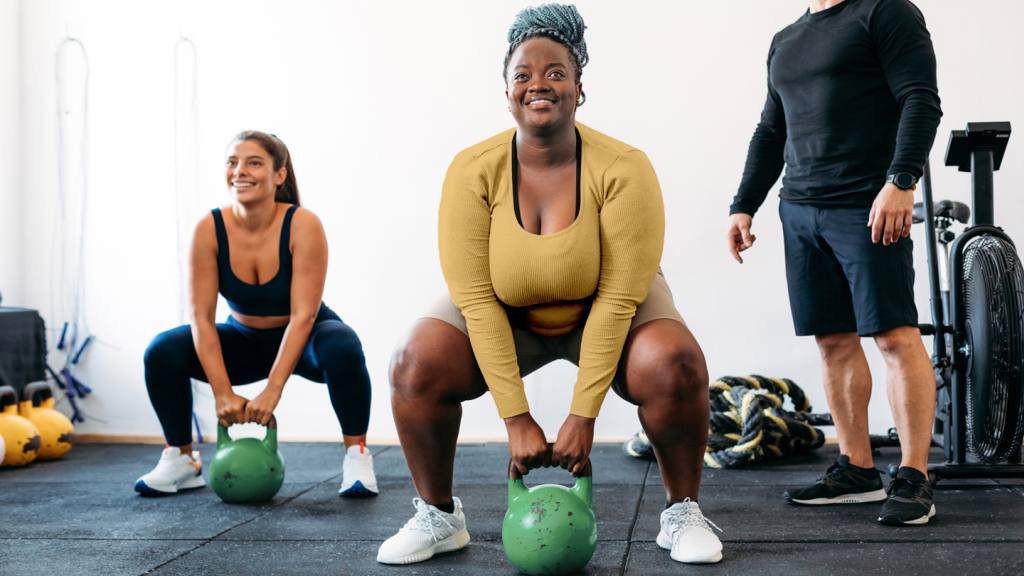The Importance of Flexibility in Physical Fitness

Flexibility is often an overlooked component of physical fitness, yet it is crucial for overall well-being and optimal performance in daily activities. While many people focus on building strength, endurance, or cardiovascular health, flexibility provides the foundation that allows these other fitness components to flourish. Understanding the importance of flexibility can help individuals create a balanced fitness routine that enhances both physical and mental health.
Enhancing Range of Motion and Reducing Injury
One of the primary benefits of flexibility is its ability to enhance the range of motion in your joints. When muscles and tendons are flexible, they allow the body to move more freely and efficiently. This increased range of motion is essential not only for athletic performance but also for everyday tasks like bending, reaching, or twisting. For instance, flexibility can make it easier to perform activities such as picking up objects from the floor or reaching for items on high shelves without straining muscles or joints.
Moreover, improved flexibility reduces the risk of injuries. Tight muscles can restrict movement, leading to improper form during exercise or daily activities, which increases the likelihood of strains, sprains, and other injuries. By incorporating flexibility training into your routine, you can maintain healthy muscles and joints, making your body more resilient to injury.
Improving Posture and Reducing Pain
Flexibility plays a significant role in maintaining proper posture. Many people suffer from poor posture due to tight muscles, particularly in the shoulders, chest, and hip flexors. These muscle imbalances can lead to discomfort and chronic pain, especially in the lower back and neck. Flexibility exercises, such as stretching and yoga, can help alleviate these issues by lengthening tight muscles and restoring balance to the body.

For example, stretching the muscles in the chest and shoulders can counteract the effects of hunching over a desk, while stretching the hip flexors can relieve tension in the lower back. By improving flexibility, individuals can correct their posture, reduce pain, and prevent long-term damage to the spine and other structures.
Enhancing Athletic Performance
Flexibility is a critical factor in athletic performance. Athletes in sports such as gymnastics, dance, and martial arts rely heavily on their flexibility to perform complex movements with precision and grace. However, flexibility is not just for athletes in these disciplines; it benefits participants in all types of physical activities.
For example, runners with flexible hamstrings and hip flexors can achieve a longer stride, while weightlifters with flexible shoulders can maintain better form during lifts. Flexibility also helps athletes recover more quickly after intense workouts by promoting circulation and reducing muscle soreness. By incorporating flexibility exercises into a fitness regimen, athletes can enhance their performance and reach new levels of success.
Supporting Mental Well-Being
Flexibility is not just about physical health; it also has a profound impact on mental well-being. Stretching exercises, particularly those practiced in yoga or Pilates, are known to reduce stress and promote relaxation. These activities encourage deep breathing and mindfulness, helping individuals to unwind and clear their minds.
Additionally, the act of stretching releases tension stored in the muscles, which can alleviate feelings of stress and anxiety. By dedicating time to flexibility training, individuals can create a holistic approach to fitness that nurtures both the body and the mind. This connection between physical flexibility and mental health underscores the importance of a well-rounded fitness routine.
Conclusion
Flexibility is a key component of physical fitness that offers numerous benefits, from enhancing the range of motion and reducing injury risk to improving posture, boosting athletic performance, and supporting mental well-being. Incorporating flexibility exercises into your fitness routine is essential for achieving a balanced and healthy lifestyle. Whether through stretching, yoga, or other forms of flexibility training, making flexibility a priority can lead to long-lasting improvements in both physical and mental health. By addressing flexibility on your website, you can help guide others toward a more comprehensive approach to fitness, one that fosters overall well-being and enhances the quality of life.


